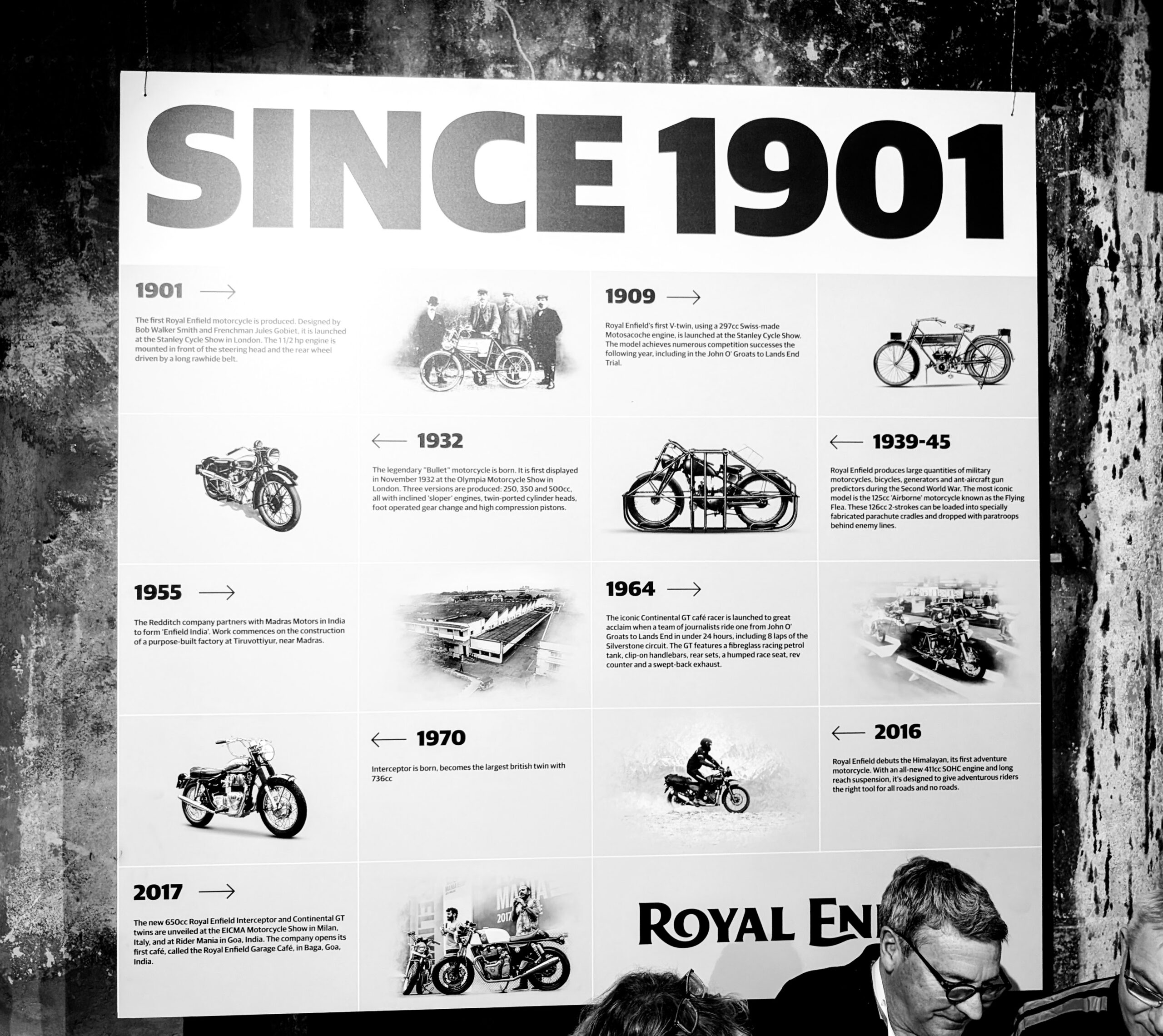A new technology has the potential to usher in a ‘significant’ change to the way rare earth elements (REE) are processed.
MTM Critical Metals has announced its Flash Joule Heating (FJH) technology has successfully removed nearly 50 per cent of the main impurities (iron, aluminium, calcium and phosphorus) from REE flotation concentrate in a single step.
Now able to deliver a 50 per cent increase in REE concentration in the final product, the processing technology is currently undergoing even more testing works to optimise it further.
MTM chief executive officer Michael Walshe said the FJH breakthrough has significant implications for the rare earth industry, addressing critical challenges in sustainable production, onshoring refining and increased supply chain security.
Producing REE chlorides directly from flotation concentrate simplifies the refining process, making REEs more accessible for key sectors such as renewable energy, advanced manufacturing, and defence.
“This transformative result validates the enormous potential of Flash Joule Heating in simplifying and improving rare earth processing,” Walshe said.
“Achieving such high impurity removal and REE concentration in a single step is a game changer and we are only at the beginning of this testing regime.
“We are continuing discussions with leading industry players to advance this technology towards commercial-scale deployment.”
The FJH process offers an alternative to traditional “cracking and leaching” processing methods, which typically involve sulfuric acid baking at high temperatures to convert rare earth minerals into partially soluble REE sulfates.
This conventional approach is resource-intensive, demanding substantial energy input for high temperature operations and vast volumes of water to dissolve the sparingly soluble REE sulfates.
The FJH technology aims to bypass these inefficiencies by creating purified REE chlorides in a single operation.
The benefits include using significantly less water through dry reactions, using less energy by heating the material directly, streamlining the downstream process and creating less waste.
Subscribe to Australian Mining and receive the latest news on product announcements, industry developments, commodities and more.




